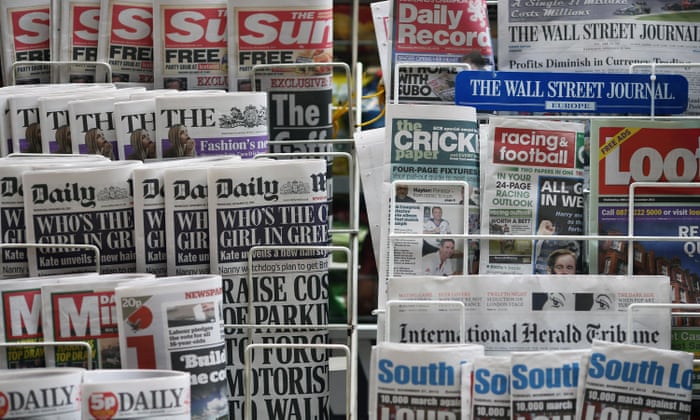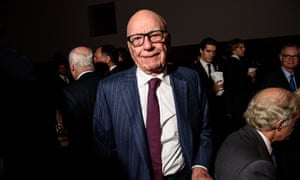1) Who coined the phrase 'a global village' and what multinational companies illustrate this?
McLuhan developed this term which is defined as "where countries are becoming interconnected or more interdependent, especially in economic terms." One MNC which is an example of how we've become a global village is Coca Cola who have expanded their firms internationally due to increased levels of trade between different countries (predominantly between one LDC and one developed country) which has also contributed to embracing cultural differences. This is the process defined as globalisation. John B. Thompson's definition is "growing interconnectedness of different parts of the world, a process which gives rise to the complex form of the interaction and interdependency" which demonstrates a somewhat positive view of the concept of globalisation. Goods and services have now been enhanced and are able to travel faster between various countries as a result of cargo being efficiently transported between each nation. This can occur within many industries of sales and marketing. This ability has been particularly heightened since the World Trade Organisation has allowed firms to easily produce and transport their goods via the process of free trade. This also allows MNCs from western areas to take advantage of cheaper labour costs abroad allowing for cheap production of products e.g. clothes production in India.
2) What role does Slavoj Zizek suggest the media plays in global capitalism? How can you link this to our previous work on Marxism and Hegemony?
Zizek believes that global capitalism is yet another way to manipulate those who are disadvantaged whilst also deceiving the citizens of the West into believing that good is being done when really there's still a lot of corruption, manipulation and exploitation occurring which reinforces the power of Western countries. Hegemony links in with this idea as it displays the public's willingness to obey those in power and control since they accept that people are being exploited in other countries yet don't do anything about it, presumably because they are either afraid or genuinely believe that they have no power at all to prevent the corruption from occurring in the land.
3) What does 'capitalism with a conscience' mean?
Capitalism with a conscience is raising awareness of social issues whilst sustaining 'western capitalist dominance'
For instance when you buy from Starbucks the farmers that grew the beans receive a fair price.
4) What is the (PRODUCT) RED campaign?
The (PRODUCT) RED campaign is a company that creates deals with other companies to create a product such as the red Apple iPhone case, and a percentage of the profits from that specific product will go to (PRODUCT) RED and then will go to charities to help tackle Aids in Africa.
5) Based on what you've read in the Factsheet, what is YOUR opinion of the (PRODUCT) RED brand? Is it a positive force helping to fight AIDS in Africa or a cynical attempt to make multinational companies look more ethical than they actually are?
I think that if the project was actually honest about what they were doing then they could have had a positive impact on AIDS in Africa but so far they have not followed through with their claims.




